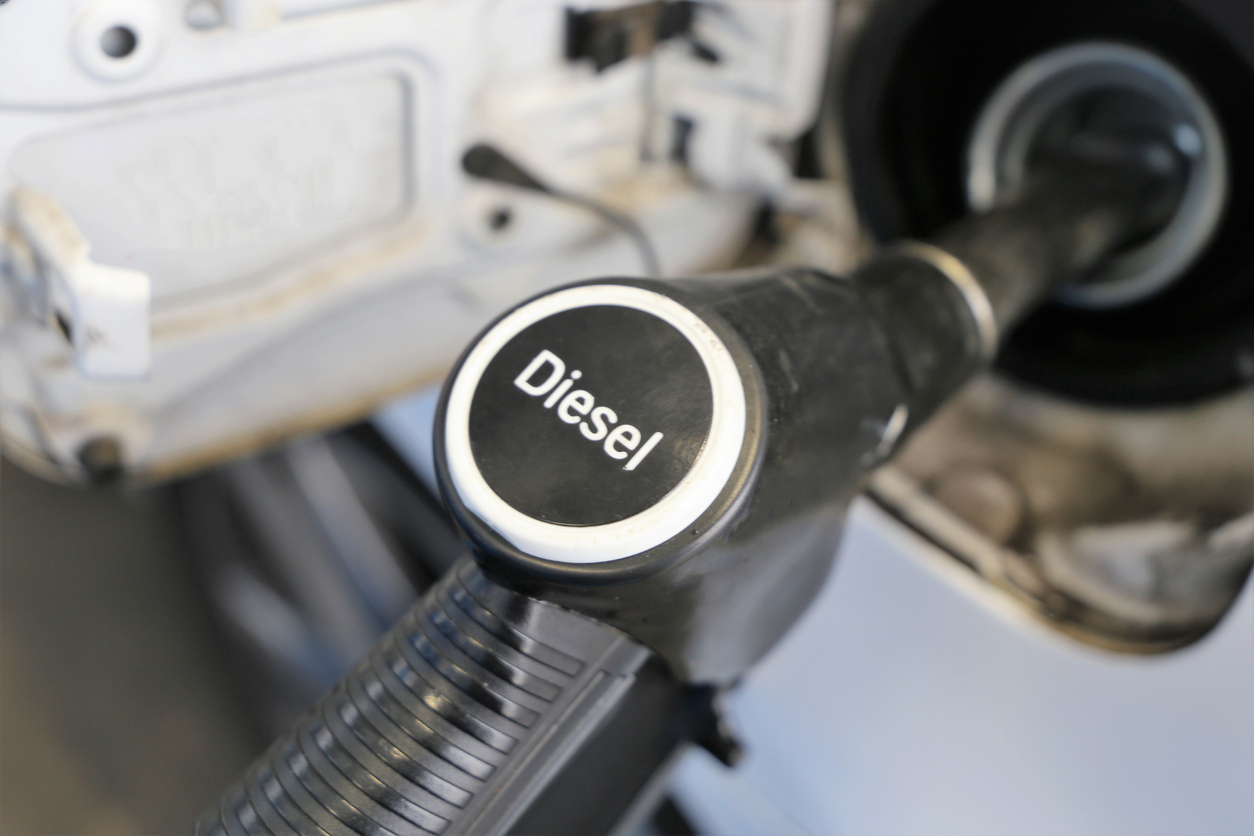Current Diesel Prices in Nigeria: What You Need to Know
Diesel is a critical fuel in Nigeria, powering a wide range of industries, vehicles, and generators. However, the price of diesel can fluctuate significantly due to various factors, impacting both businesses and consumers. Understanding the current diesel prices and the factors that drive these changes is essential for effective budgeting and planning. This article provides an overview of the current diesel price in Nigeria, the factors influencing it, and tips for managing diesel costs.
Current Diesel Price in Nigeria
As of the most recent updates, the price of diesel in Nigeria varies by location and supplier. On average, the price of diesel ranges from ₦800 to ₦900 per liter. Prices tend to be higher in urban areas like Lagos, Abuja, and Port Harcourt, while more rural areas might experience slightly lower prices.
Factors Influencing Diesel Prices in Nigeria
1. Global Crude Oil Prices
- Crude Oil Market: Diesel is a byproduct of crude oil, so fluctuations in global crude oil prices directly affect diesel costs. When crude oil prices rise, diesel prices typically follow.
- Supply and Demand: Global events that impact the supply and demand of crude oil, such as geopolitical tensions or production cuts by major oil producers, can lead to changes in diesel prices.
2. Exchange Rates
- Naira to Dollar Exchange Rate: Nigeria imports a significant portion of its fuel, including diesel. Therefore, fluctuations in the Naira to Dollar exchange rate can impact the cost of diesel. A weaker Naira leads to higher import costs, driving up diesel prices.
- Import Costs: Additional costs such as shipping, insurance, and handling fees also affect the final price of diesel in Nigeria.
3. Government Policies and Subsidies
- Fuel Subsidies: In the past, government subsidies helped keep fuel prices, including diesel, more affordable for consumers. However, changes in subsidy policies can lead to significant price increases.
- Taxation and Regulation: Government taxes, levies, and regulatory policies also play a role in determining diesel prices. Any changes in these policies can result in price adjustments.
4. Transportation and Distribution Costs
- Logistics: The cost of transporting diesel from depots to different parts of the country affects its final price. Poor infrastructure, long distances, and security concerns in certain areas can increase transportation costs, leading to higher diesel prices in those regions.
- Supply Chain Disruptions: Any disruptions in the supply chain, such as strikes, fuel shortages, or natural disasters, can lead to temporary price spikes.
Tips for Managing Diesel Costs
1. Monitor Prices Regularly
- Stay Informed: Keep track of diesel price trends in your area by regularly checking prices at different suppliers. Being aware of price fluctuations can help you plan purchases more effectively.
- Use Technology: Consider using mobile apps or online platforms that provide up-to-date fuel prices to help you find the best deals.
2. Bulk Purchasing
- Wholesale Purchase: If you use large quantities of diesel, consider purchasing in bulk. Many suppliers offer discounts for bulk purchases, which can result in significant savings.
- Storage Solutions: Ensure you have adequate storage facilities to safely store bulk diesel purchases, minimizing the risk of contamination or theft.
3. Improve Fuel Efficiency
- Maintenance: Regular maintenance of vehicles and generators can improve fuel efficiency, reducing diesel consumption and costs.
- Driver Training: Educate drivers on fuel-efficient driving techniques, such as avoiding excessive idling and maintaining steady speeds, to reduce diesel usage.
4. Alternative Energy Sources
- Renewable Energy: Explore the possibility of integrating renewable energy sources, such as solar or wind power, into your operations. This can reduce your reliance on diesel and help lower overall energy costs.
- Hybrid Systems: Consider hybrid energy systems that combine diesel generators with renewable energy sources for a more efficient and cost-effective solution.
Conclusion
Diesel prices in Nigeria are influenced by a range of factors, including global crude oil prices, exchange rates, government policies, and transportation costs. By staying informed about these factors and implementing strategies to manage diesel consumption, businesses and consumers can better navigate the challenges of fluctuating fuel prices.
At Wigmore Trading, we provide insights and support to help you manage your diesel costs effectively. Contact us today to learn more about current diesel prices and how we can assist with your fuel supply needs.
Get in Touch:
Looking to manage your diesel costs more effectively? Contact Wigmore Trading for expert advice and competitive pricing. Visit our website, email, or call us to learn more about diesel prices in Nigeria and find the best solutions for your needs.








Comments are closed.